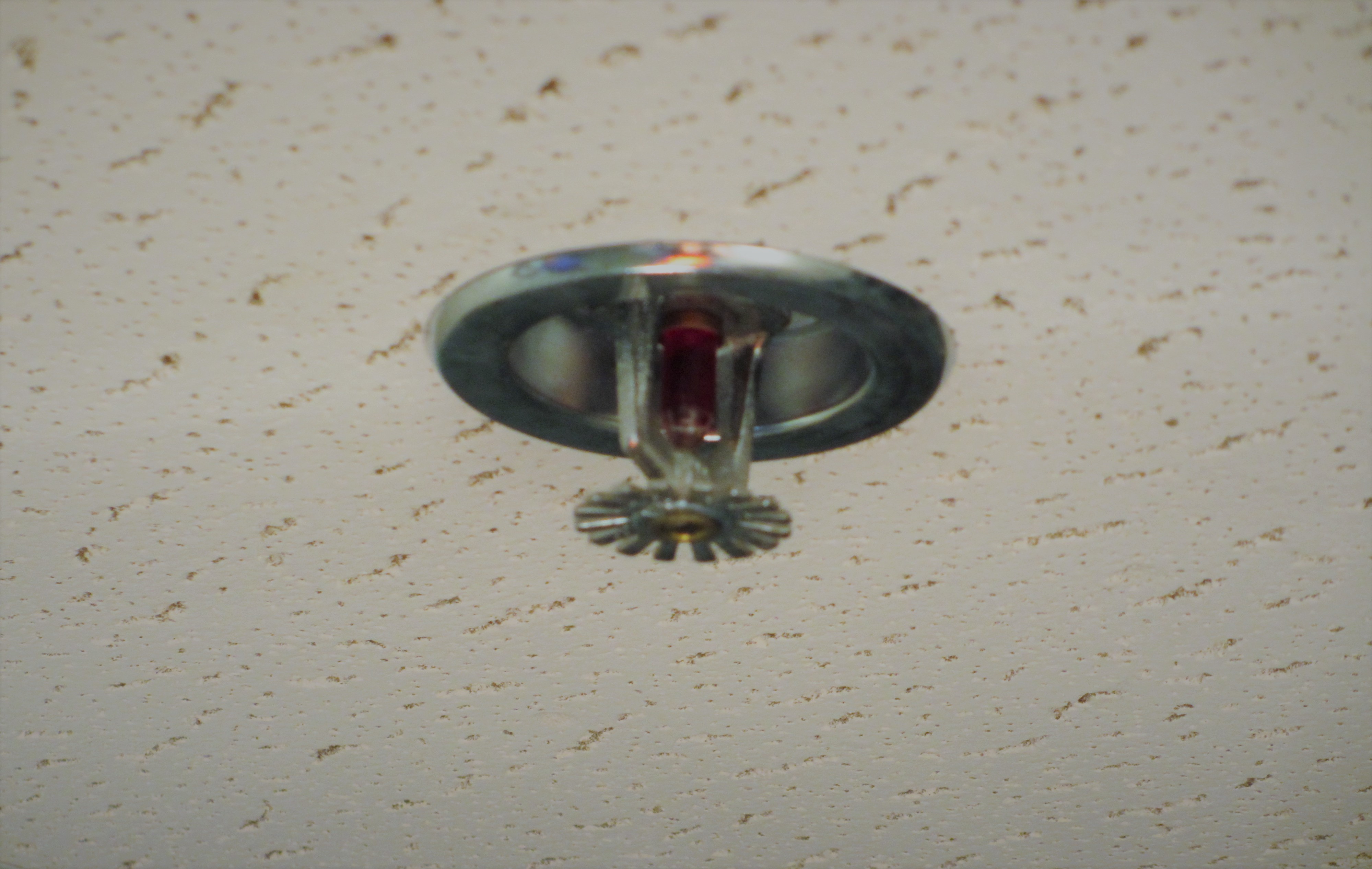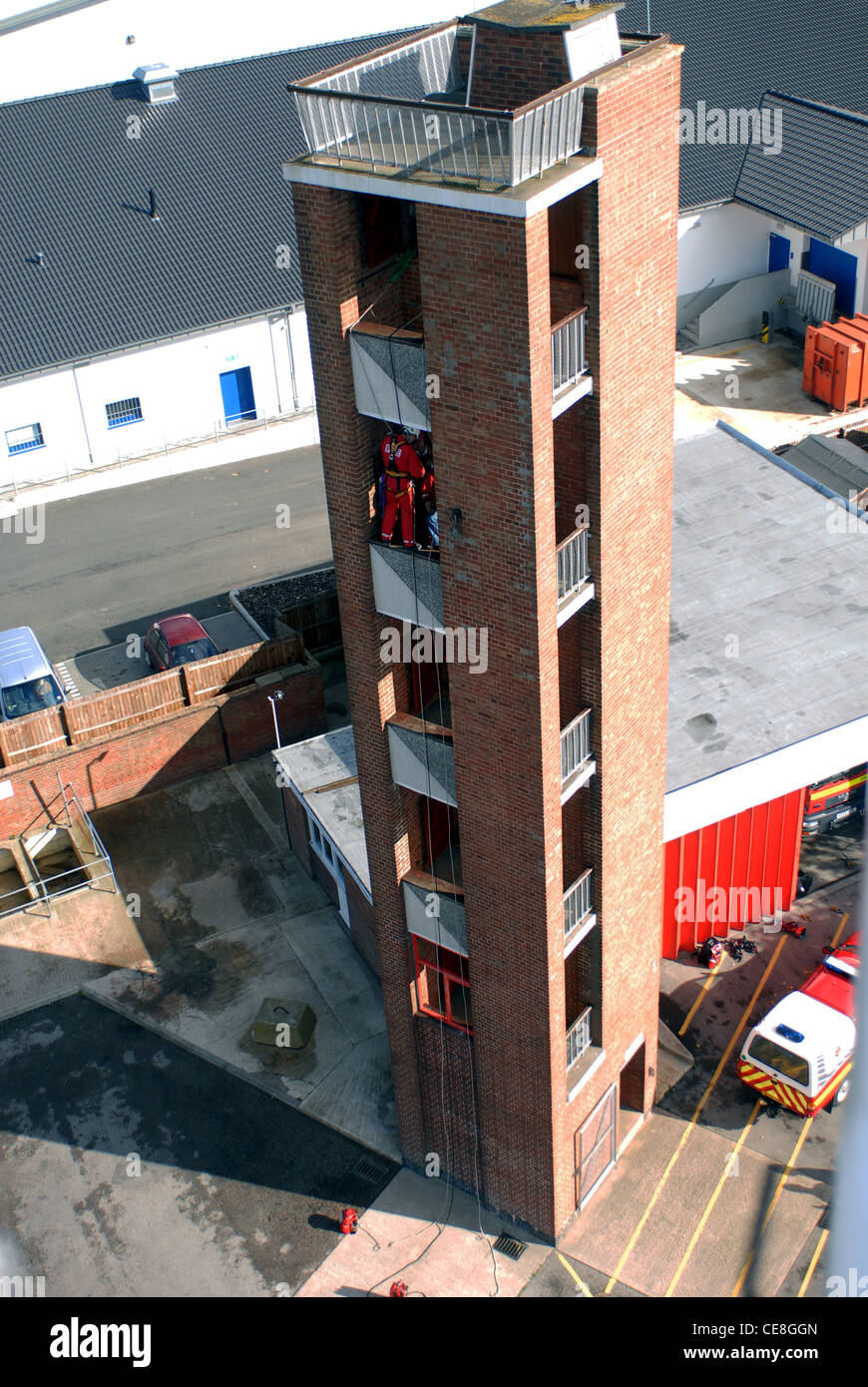Comprehensive Resource on Fire Suppression Systems and Response Drills
Comprehensive Resource on Fire Suppression Systems and Response Drills
Blog Article
Fire safety is critical for any organization. Merging automated systems with personal training is an ideal solution to mitigate fire risks. Sprinkler systems and fire brigade training offer comprehensive safety to minimize fire impact.
Understanding How Sprinklers Work
Fire protection networks are designed to extinguish fires efficiently. They utilize heat-sensitive sprinklers to release water. Individual nozzles activates independently, delivering targeted fire suppression.

Main parts of fire safety networks include:
- Water release mechanisms: Activate to combat flames.
- Water distribution systems: Maintain water pressure.
- Safety hubs: Provide manual override options.
- Backup tanks: Support uninterrupted suppression.
Why Fire Brigade Training is Essential
While sprinkler systems offer automatic protection, organized responses enhances overall protection. Fire safety exercises equip staff to handle fire emergencies and support automatic systems.

Core components of fire brigade training include:
- Understanding fire risks: Improving risk management skills.
- Emergency escape strategies: Ensuring safe evacuation.
- Hands-on fire control: Mastering firefighting methods.
- Communication and teamwork: Promoting collaborative responses.
sprinklers aguatreinamento de incêndio nas empresas
How Sprinkler Systems and Fire Brigade Training Work Together
Using both technology and human readiness enhances fire response efforts. Since sprinklers reduce fire damage, prepared teams ensure safe operations.

When integrated effectively, these systems provide peace of mind in residential buildings, offices and businesses, and industrial facilities alike.
Why Sprinklers and Training Are Essential
Sprinkler systems and fire brigade training provide unmatched fire safety. Investing in these measures safeguards communities for critical situations.
Ensure a safer tomorrow by acting today by investing in comprehensive safety measures. Your safety depends on both systems and skills!
Report this page